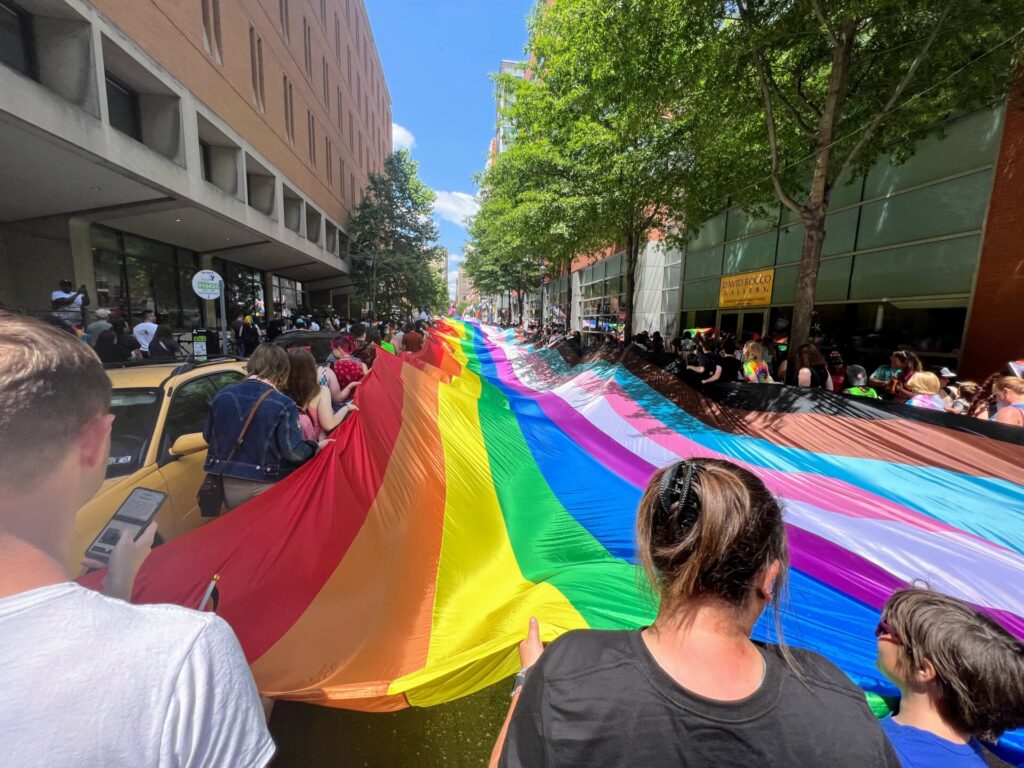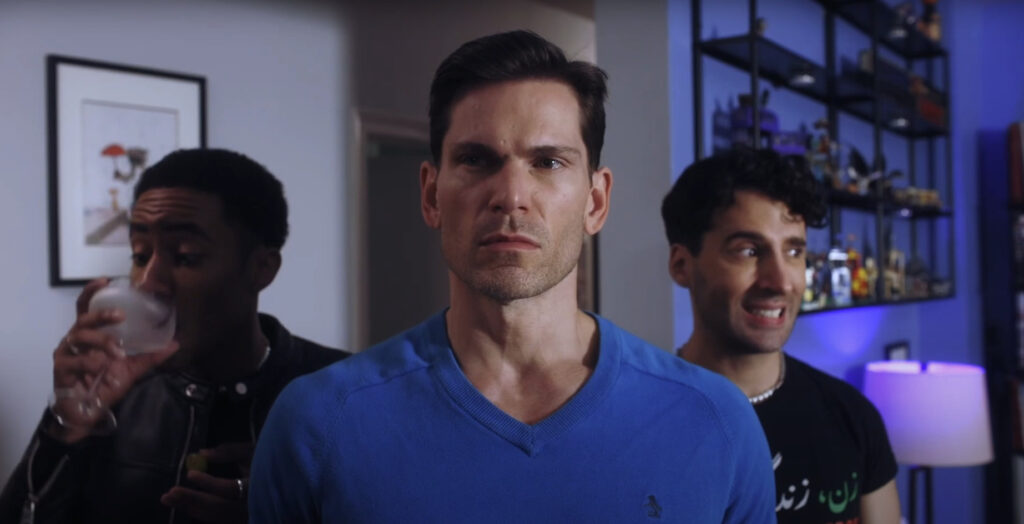"Interested in your take on this article: Teenage kicks: Is internet porn creating a damaged generation? With just a few clicks of a mouse, modern teenagers have easy access to hardcore and often violent pornography. But are we raising a damaged generation as a consequence?"
For an article on teenagers and porn, that contained entirely too little teenagers or porn. I’m disappointed.
No, for real. I’m not disappointed in the I-was-hoping-I-could-use-this-as-masturbatory-material kind of way, but in the-only-info-taken-from-actual-teens-was-second-hand-from-their-parents and the no-one-is-willing-to-be-specific-on-what-counts-as-porn kind of way. I’m not bashing the article; I found it well researched and interesting. And everyone should absolutely read it. This is the nature of the ole’ Kids N’ Porn convo that we have all the time.
We have had this conversation since the invention of childhood a couple hundred years ago. Prior to the 1900s, children were seen as little adults: capable of both evil and full time day jobs. It was with the Victorian-era invention of childhood innocence that we decided our little darlings were blank slates that could be forever tarnished by seeing sinful things.
PORN IS NORMAL
Let’s get one thing out there: kids have quicker access to porn now, but it’s not like kids born before 1995 didn’t see their fair share. Sexuality is innate, curiosity is healthy and sexual imagery is available for those who want to see it. Most kids take a peek and it is perfectly normal that they do so.
WHAT PORN CAN AND CANNOT DO
As the article points out, exposure to pornography has never been linked to sexual violence and may actually reduce rape. It doesn’t ruin healthy relationships. Some types of porn, in one study, made participants feel more aggression. But aggression is not the same as violence. Aggression, channeled properly, is ambition and motivation. The folks who are turned on by violent porn are the ones who were already predisposed to violence. When actual people are asked about what porn does to them, most of them say it has largely positive effects and very small (if any) negative impact.
The idea that "sure, I can handle it, I can see porn and not go psycho, but for other people it could be a real problem," is a common mental error called Third Person Effects. We think something will affect others more negatively, that we can handle things because we are stronger, smarter or purer… or older.
YOU KIDS GET OFF MY LAWN!
New technology continually brings opportunities for sexuality closer and closer for kids. First it was the radio, then the car, then the TV. But this is not necessarily a bad thing. TV doesn’t have to rape your child’s brain and leave them drooling perverse messes. If children are given education– both about how to safely use the technology and about sexuality in general, they can navigate the world much better. Kids who know the facts do better at making decisions. The internet can be the place they learn about safer sex, gender, and healthy ways to find pleasure rather than the place they look up the most shocking thing they think they can get away with seeing.
OUR STUPID, STUPID SOCIETY
"But, Timaree," you’re thinking, "we’re saturated with sex! The media is lousy with images that normalize unhealthy sexuality, exploit women and teach our kids to be assholes!" True, true. But it always has been. Society has always had these elements. There have always been stupid humans, abusive and manipulative or unethical in their use of sex. And now we can see them on the Jersey Shore. But there have also always been bright, clever, thoughtful people. And now we can see their speeches on TED. The internet brings us everything: good and bad. Our job is to be well-informed consumers and to teach our kids the skills necessary to dissect the images they see and to evaluate the sources.
Same job parents have always had. Now they have to learn about checking web browser histories. As the article states,
"Another more controversial recommendation is to teach young people how to think about pornography; in particular, they could develop critical tools to link pornographic images to themes of political and social power, to identify the broader context in which others’ pain appears pleasurable, and to de-code the thrill of female or child helplessness."
WHAT NOW?
- -Educate children on net safety, media literacy and healthy sexuality. Keep the conversation open and don’t let any topic be out of bounds.
- " Look at everyday images in magazines, newspapers and television with them and explore their implicit messages"
- Chill out. Trust your kids and let them make some mistakes without freaking out: they’re good kids.
Questions? Comments? Violent reactions? Email sexwithtimaree@gmail.com. See more at http://sexwithtimaree.com






